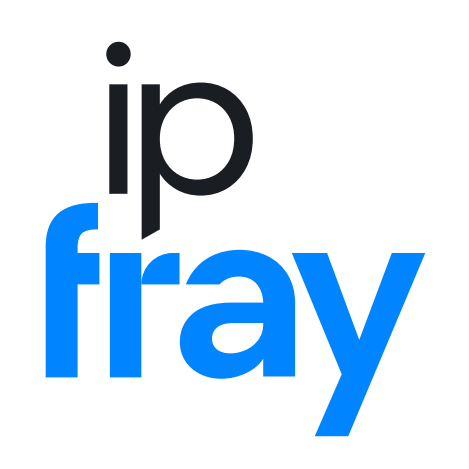Context: U.S. juries regularly enter damages verdicts in the hundreds of millions of dollars (e.g., May 11, 2024 ip fray article). But quite often those damages awards never become actually enforceable, or not to the full extent.
What’s new: Netlist “today announced that it won a $445 million damages award against [Micron] in the United States District Court for the Eastern District of Texas” (May 24, 2024 Netlist press release). The case involves memory chips. The jury also identified willful infringement, which could give rise to damages enhancements. But $425 million (more than 95% of the $445 million total) relates to claim 16 of U.S. Patent No. 7,619,912, and the Patent Trial and Appeal Board (PTAB) of the United States Patent and Trademark Office (USPTO) held that claim unpatentable, a decision that Netlist is still trying to get overturned. PTAB reviews are pending concerning the other patent-in-suit.
Direct impact: Given the unfavorable invalidity determination by the PTAB, it won’t be easy for Netlist to secure a judgment preservation insurance. The damages verdict, combined with the specter of potential willfulness enhancements, may persuade Micro to settle now rather than rely on the PTAB decision being upheld by the Federal Circuit. But the realistic starting point for settlement negotiations would presumably not be in the hundreds of millions.
Wider ramifications: Micron is not the only defendant to Netlist’s patent assertions. Netlist’s press release notes that “[t]his verdict marks the second time in just over a year that a jury has found willful infringement of our patents by a global semiconductor manufacturer.” The background is that Samsung found itself on the receiving end of a $303 million damages verdict last year, but as of this spring, Samsung had achieved the invalidation of all four patents-in-suit (April 3, 2024 Korea Economic Daily article). Samsung and Micron were jointly challenging claim 16 of the ‘912 patent, and have won unless Netlist achieves a reversal.
The following excerpt from the verdict form shows that the jury in Judge Rodney Gilstrap’s court (Eastern District of Texas) awarded Netlist $425 million on the basis of the ‘912 patent (of which claim 16 was the only one to be asserted at trial) and $20 million on the basis of the ‘417 patent (of which Netlist was still asserting multiple claims):

On April 17, 2024, however, the PTAB decided the following in inter parties review no. IPR2022-00615 (into which another one was consolidated):
“ORDERED that claim 16 of the ’912 patent has been shown to be unpatentable;”
On May 17, 2024, the patent holder (represented by Irell & Manella; the successful petitioners are represented by Baker Botts and Winston & Strawn) petitioned USPTO Director Kathi Vidal to “grant review and reverse the Board’s final written decision finding claim 16 unpatentable as obvious over Ellsberry.”
No decision has been made on that petition yet. It’s obvious that this validity question will, short of settlements with both Micron and Samsung, reach the Federal Circuit. The Federal Circuit will also have to decide (barring a prior settlement) the appeal from the infringement action in the Eastern District of Texas. In the Texas trial, there were no invalidity contentions for the jury to decide on. Now, based on what the further process after the PTAB’s final written decision brings, there are two widely divergent possibilities:
- If this patent claim dies, then the verdict against Micron is down to $20 million (and that part could also go away depending on the outcome of another review). Even if there were willfulness enhancements, the maximum risk to Micron would be $60 million.
- If the patent claim is ultimately affirmed because the PTAB’s final written decision gets reversed, then Micron potentially faces damages of over a billion dollars (due to willfulness enhancements), unless the amount is adjusted by the Federal Circuit, which would not be unprecedented.
So Netlist could still hit the jackpot, but it might also get nothing or relatively little when all is said and done.
